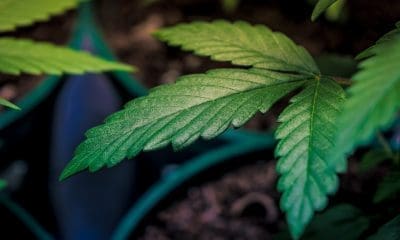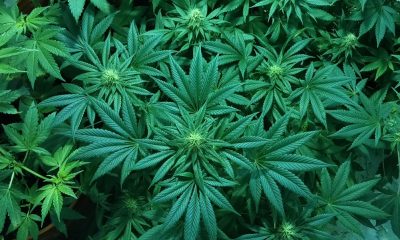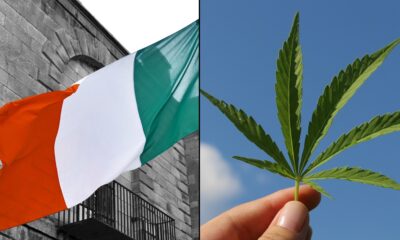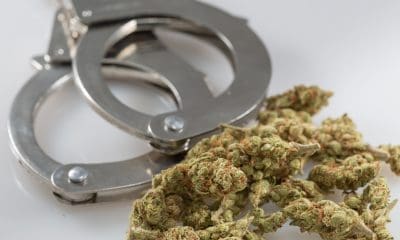Politics
VA Official Talks Need For Psychedelic Research And Administrative Guidance To Protect Veterans Who Use Substances Like Psilocybin
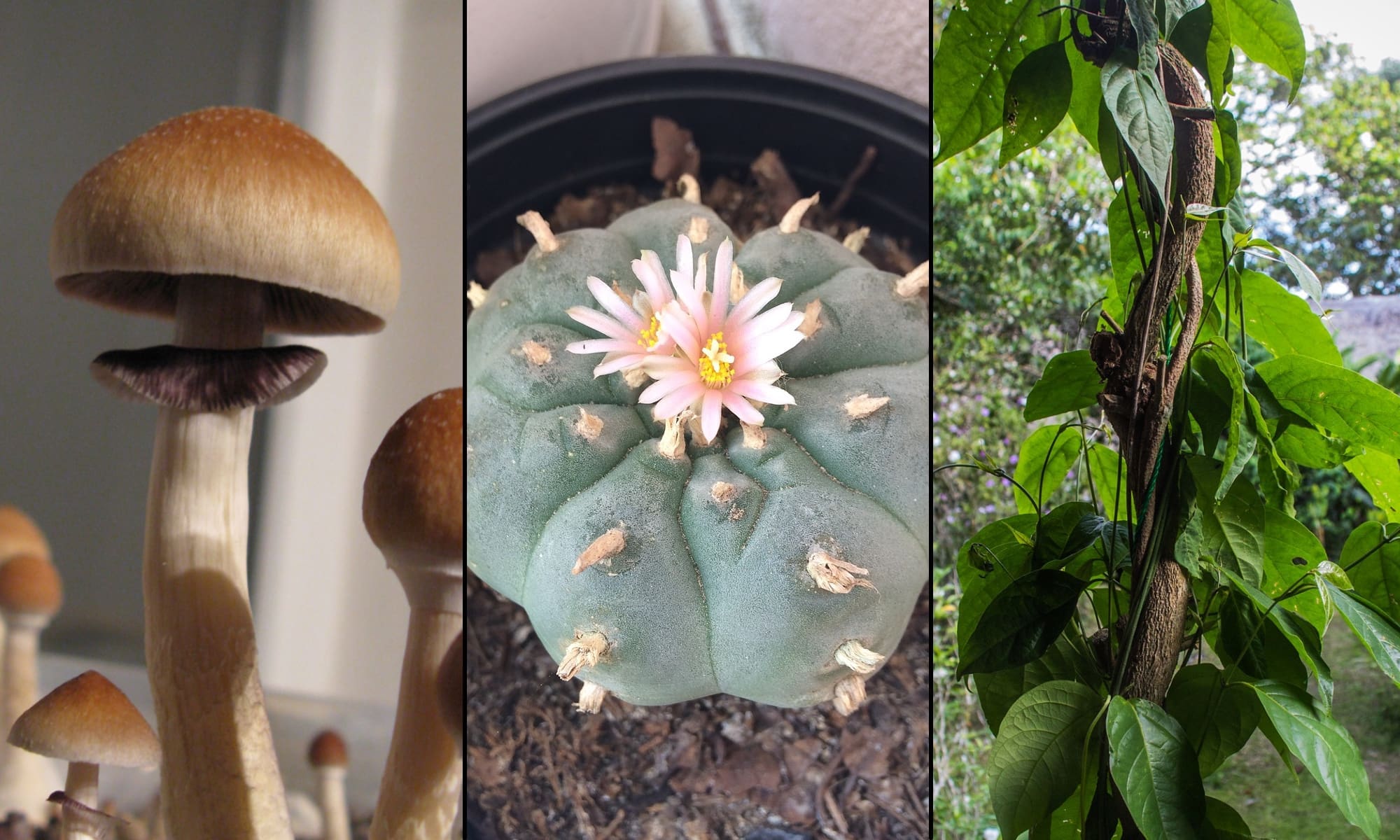
A U.S. Department of Veterans Affairs (VA) official says the agency is keeping a “very close eye” on psychedelics research and policy amid the growing reform movement, and that includes exploring issuing new guidance to ensure that veterans are protected from losing their federal benefits over the use of substances like psilocybin.
Ilse Wiechers, deputy executive director of VA’s Office of Mental Health and Suicide Prevention, provided insights into the department’s thinking on psychedelics during a webinar hosted by the RAND Corporation on Thursday. An Oregon regulator and veterans advocate also joined the conversation.
VA has been “working together on thoughtful plans around how to move things forward in terms of both our policy and ongoing research” on psychedelics, Wiechers said, adding that officials are “having meetings with stakeholders, both internal and external, including some of the agencies that are funding psychedelic research at this time.”
While the department isn’t directly funding clinical trials into entheogenic plants and fungi right now, the VA official pointed out that it is recruiting for future studies and actively hosting research projects on the substances on its campuses. It has also been funding and promoting studies into other “innovative treatments” like ketamine and cannabinoids.
“I think psychedelics comes next, following some of the work we’ve been doing in those areas prior to now,” she said.
In the interim, Wiechers said it’s important to act carefully when it comes to veterans who are using, or plan to use, psychedelics as part of their own treatment. As a general rule, VA would discourage experimental use outside of a clinical trial, but she said the relationship between the agency’s doctors and patients must be preserved in a way that doesn’t deter people from being honest about their experiences.
That includes “whether they’re engaging in this recreationally or if they’re engaging it in a therapeutic setting and receiving this treatment elsewhere,” she said.
VA already has explicit guidance in place for clinicians that makes clear that they can discuss marijuana use with veterans, even if they can’t currently issue recommendations in a state with a medical cannabis program. Importantly, it also clarifies that veterans won’t lose their benefits over marijuana use. That guidance is actively being updated.
With more states exploring psychedelics reform, with proposals ranging from decriminalization to legalization for therapeutic use, a question has emerged about whether VA will move to adopt comparable guidance for veterans who take psychedelics.
“That’s something that we have to think about carefully and probably move the needle on that guidance sooner rather than later because I know when we when we established that guidance for medical cannabis use, it really helped open up the communication again between many of our veterans and our providers, and I want to ensure that we can continue to do that in this space as well,” Wiechers said.
“I think ensuring that we have some clear guidance, that may be one of our next steps to get that in place so we have those protections for our patients and our providers,” she said in response to a question submitted for the webinar by Marijuana Moment.
Paula Schnurr, another VA official who participated in the event but in a non-official capacity, added that the “bottom line here is this is an exciting time in research.”
“It’s still at an early stage—and if you are a consumer or you’re a clinician, it’s important to to find out what the evidence is so that whatever choices you make are informed by the best science,” she said.
Brett Waters, executive director of Reason for Hope and co-founder of the Veteran Mental Health Leadership Coalition, talked about the push for psychedelics reform in state legislatures and on Capitol Hill, where he said a bipartisan Senate bill from Sens. Cory Booker (D-NJ) and Rand Paul (R-KY) to mandate rescheduling of psychedelic breakthrough therapies will soon be re-filed in the new Congress.
He said that “the laws [around psychedelics] are going to change much faster than they did, I think, for cannabis.” The substances were placed in Schedule I of the Controlled Substances Act (CSA) for “pretty much purely political reasons,” but that now means there’s an extra “burden” of proof to get them out without legislative action.
What can help, he said, would be a greater contribution of government funding for psychedelics research to further demonstrate the therapeutic potential of substances like psilocybin and MDMA.
Wiechers said that she appreciated that point, because “the [reform] legislation is so far ahead of the evidence and the limited data we have.”
Early research on psychedelics “looks promising, but rigorous research can really kill a hypothesis,” she said. “And so I think we need to know about benefits and harms.”
Meanwhile, a recent report from VA’s Evidence Synthesis Program (ESP) concluded that psychedelics like MDMA and psilocybin show promise in the treatment of certain mental health conditions like post-traumatic stress disorder (PTSD) and severe depression.
Congressional lawmakers separately released a joint explanatory statement for a must-pass defense bill late last year that contains a directive for the military to examine the potential of “plant-based therapies” like cannabis and certain psychedelics for service members.
A VA official told Congress in September that the government is monitoring research into the therapeutic potential of psychedelics “very, very closely,” but that treatment involving the substances is not yet part of the “standard of care” for military veterans.
DEA separately released its final 2023 production quotas for drugs to be used in research—and the agency is now calling for even more manufacturing of psychedelic compounds like MDMA, psilocyn and 5-MeO-DMT than the existing significant increases it had initially proposed for this year.
The National Institute of Mental Health (NIMH) published a notice of information in November giving researchers guidance on the types of studies it’s interested in funding for the development of psychedelic drugs to treat certain mental health conditions, pointing out limitations for animal-based research and rules for trials involving children.
Photo elements courtesy of carlosemmaskype and Apollo.




